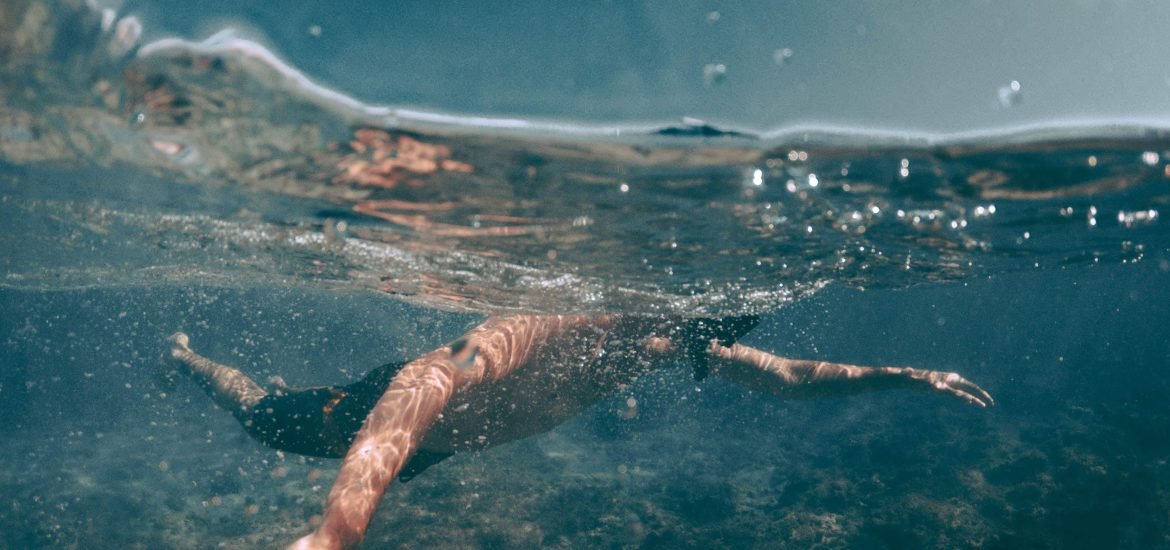
The European Environment Agency has good news for beachgoers – most of Europe’s bathing waters meet European Union quality standards, according to a study released last week.
The EEA’s European Bathing Water Quality in 2017 Report found that 85% of bathing waters in Europe have water quality rated as excellent, with 96% meeting standards set by the EU’s Bathing Water Directive.
The study covered nearly 22,000 bathing waters in all 28 EU countries, in addition to Switzerland and Albania, during the 2017 bathing season. Water at each site was classified as excellent, good, sufficient or poor depending on the amount of faecal bacteria detected.
Countries with the cleanest water include Luxembourg, Malta, Cyprus, Greece and Austria. The report found all of these countries to have excellent water quality at 95% or more of bathing sites and sufficient water quality at the remaining sites.
Belgium, Croatia, Latvia, Romania, Slovenia and Switzerland were also found to have clean water, with all reported sites meeting the EU’s minimum quality standards.
“The quality of our bathing water is a source of pride for Europeans,” EU Environment Commissioner Karmenu Vella said in a statement. “That quality is due to good cooperation and constant vigilance. When you add in our recently proposed measures to keep plastics out of our seas, it really has been a good year for European seas, beaches and lakes.”
Since the introduction of the EU’s Bathing Water Directive 40 years ago, water quality in Europe’s swimming areas has significantly improved. However, some bathing sites still have room for improvement.
France, Italy and Spain had the highest number of areas with poor water quality, with a respective 80, 79 and 38 sites in each country. Estonia (7.4%), Ireland (4.9%) and the UK (3.3%), meanwhile, had the highest proportion of bathing sites with poor water quality.
The EEA said major sources of water pollution that contribute to poor water quality include sewage and runoff from farmland. Heavy rains tend to worsen the issue, since they can cause sewage overflow, with polluted drainage water then washed into rivers and seas.
Bathing in water of poor quality can contribute to a range of health problems. Earlier this year, researchers at the University of Exeter found that spending time in the sea – whether swimming, bathing or engaging in another recreational activity – increases a person’s risk of developing earaches, stomach bugs, respiratory infections and other illnesses.
“Reducing water pollution benefits the well-being of European citizens but also animals and plant life,” EEA Executive Director Hans Bruyninckx said in a statement.
“But we cannot be complacent,” he added. “Keeping our bathing water clean requires our sustained attention by policy makers. That is why regular monitoring and assessment of bathing sites remains a crucial task.”
The EEA urged governments to take action regarding any bathing sites in their countries with poor water quality, including informing the public, banning or advising against bathing in that area and correcting the causes of the pollution.
In addition to the main report, the EEA published individual country reports and an interactive map that allows viewers to see how each site fared.